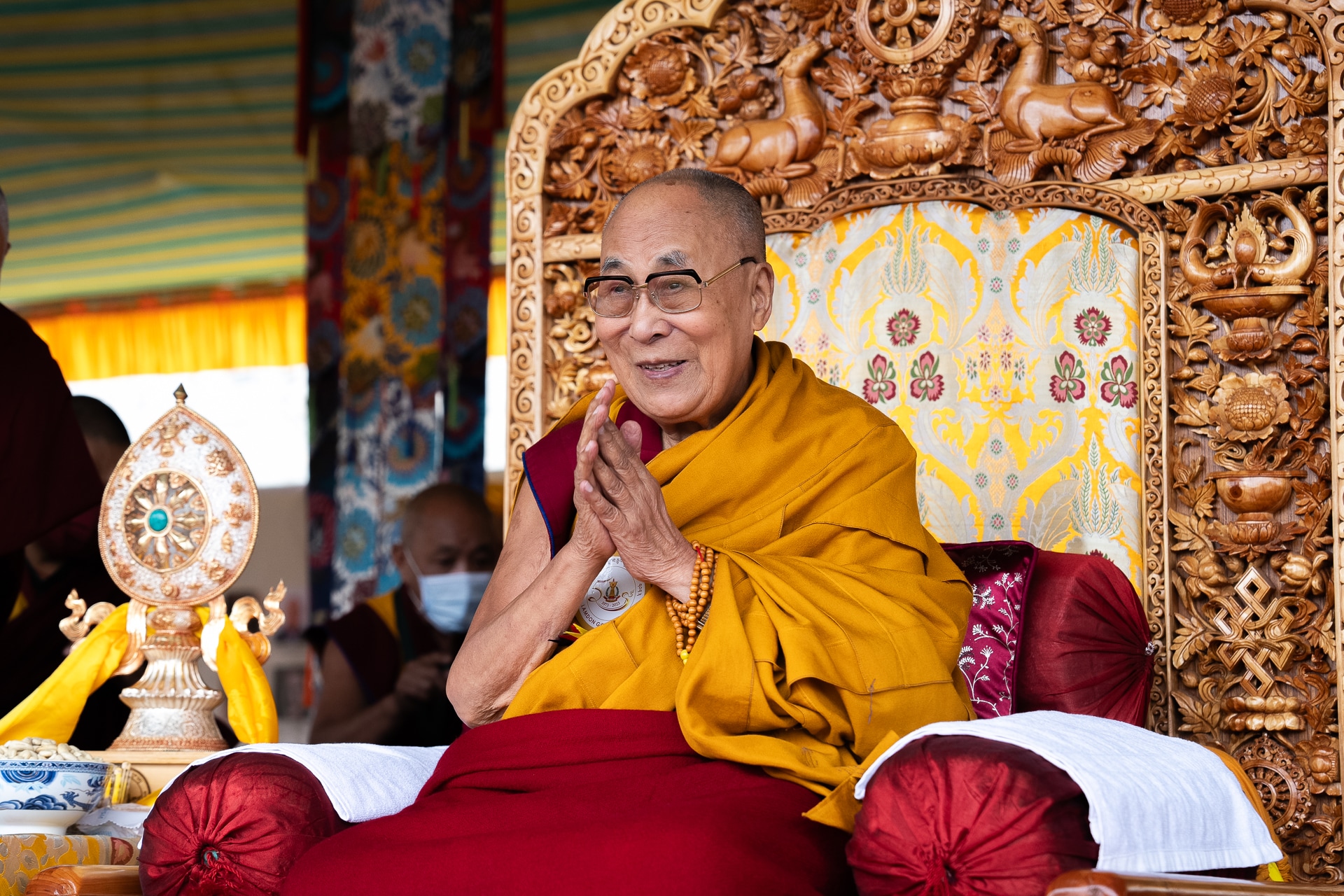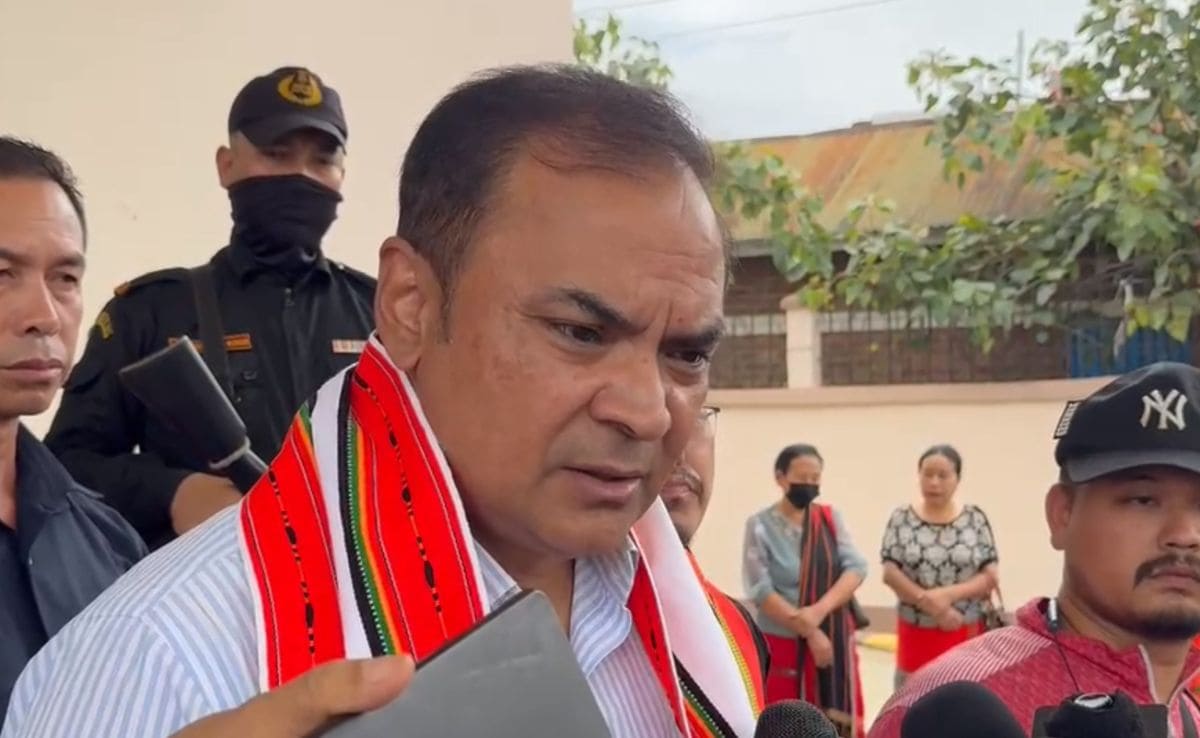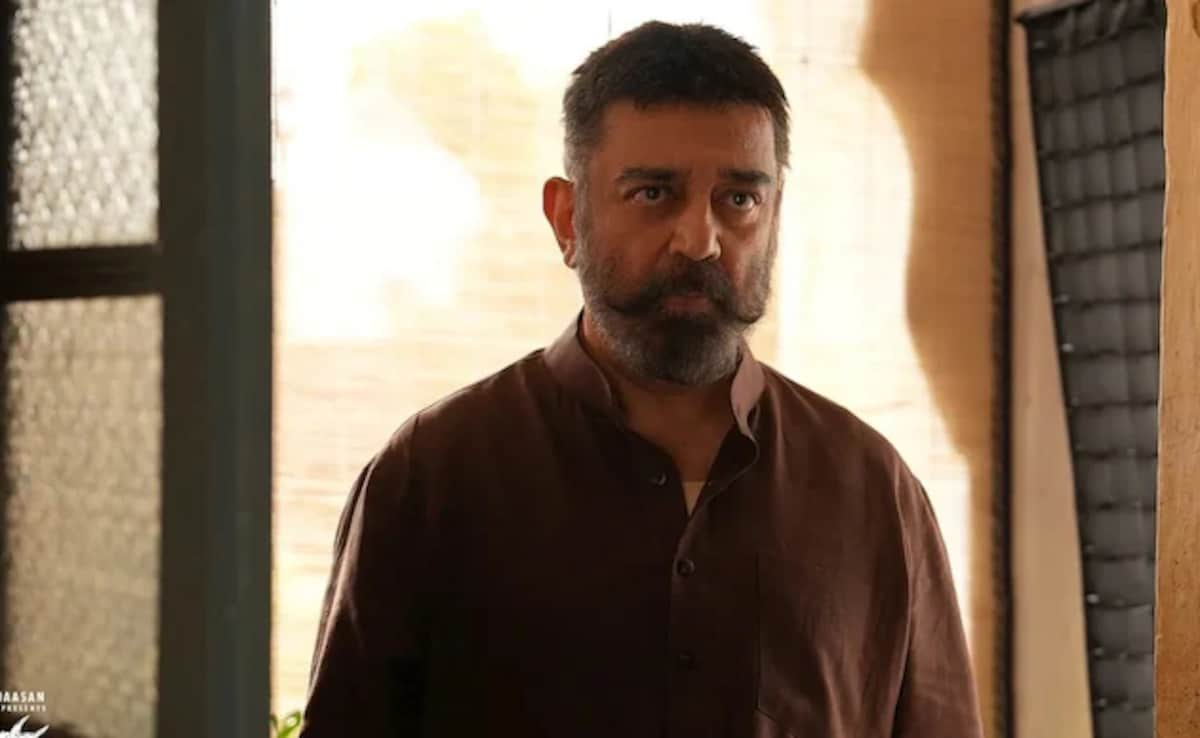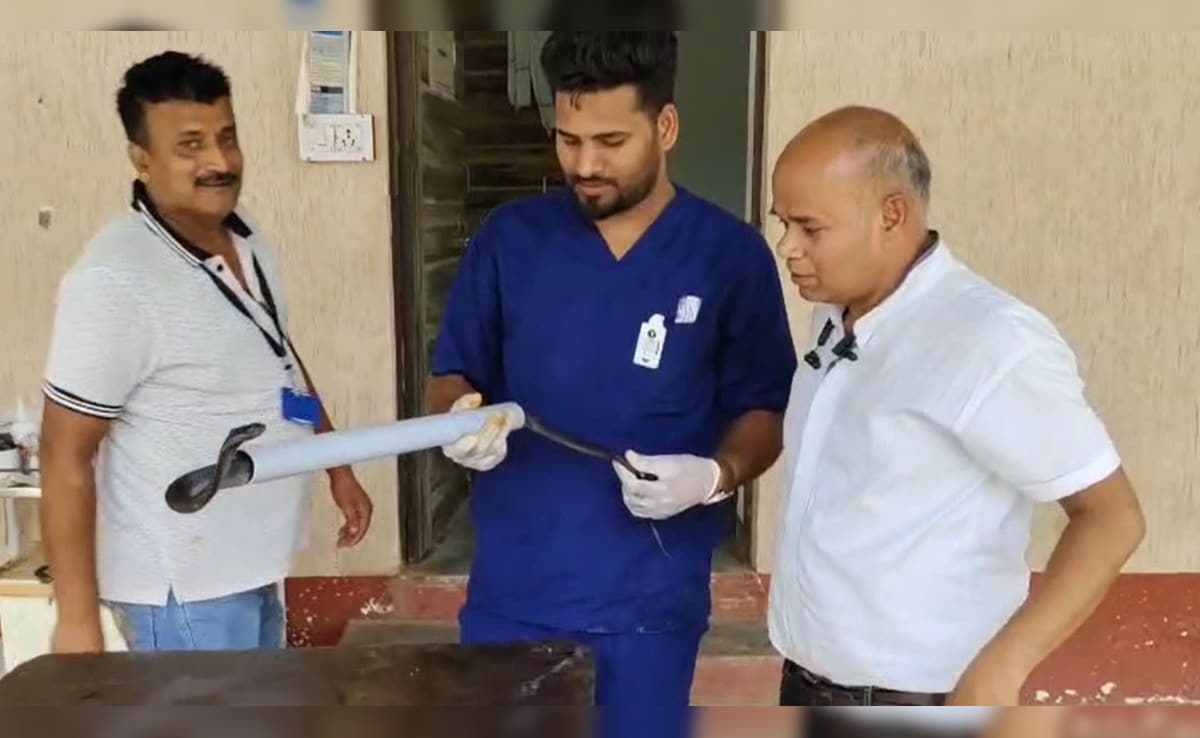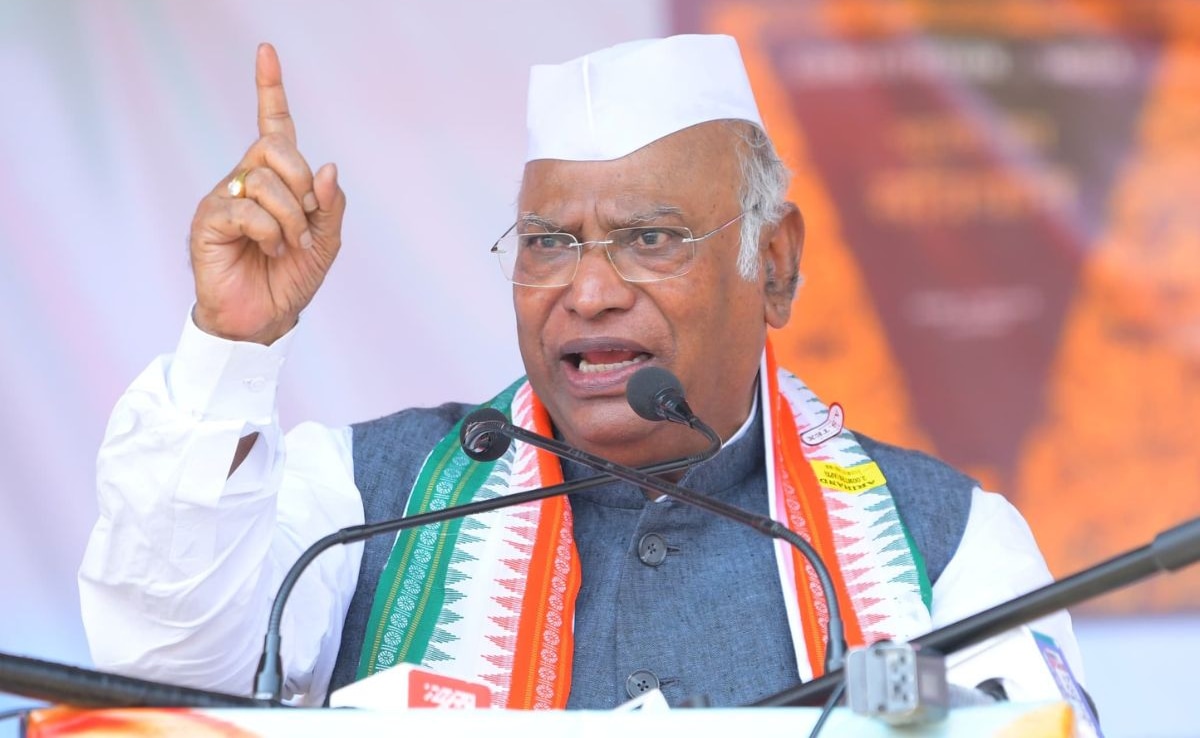China has asked India to act cautiously on Tibet-related issues, while objecting to Union Minister Kiren Rijiju’s remarks that the incarnation of the Dalai Lama should follow his wishes.
The Minority Affairs Minister on Thursday said that only the Dalai Lama and the organisation he has set up have the authority to identify his successor as the spiritual head of Tibetan Buddhism, in a comment contradicting China’s long-held position. In response, China has asked India to exercise caution in its words and actions to avoid any adverse impact on the improvement of bilateral relations.
The Ministry of External Affairs, contradicting Mr Rijiju’s stand, has said that the Indian government “doesn’t take any position or speak on matters concerning beliefs and practices of faith and religion”.
“The government has always upheld freedom of religion for all in India and will continue to do so,” the foreign ministry said.
Earlier today, Chinese Foreign Ministry spokesperson Mao Ning reacted to Mr Rijiju’s comments and said, “India should be clear of the anti-China separatist nature of the 14th Dalai Lama and honour its commitments on Xizang (Tibet) related issues”.
On Wednesday, the Dalai Lama – who fled to India in 1959 after a failed uprising against Chinese rule – said that upon his death, he would be reincarnated as the next spiritual leader and that only the Gaden Phodrang Trust would be able to identify his successor. He previously said the person will be born outside China.
Beijing says it has the right to approve the Dalai Lama’s successor as a legacy from imperial times.
“No one has the right to interfere or decide who the successor of His Holiness the Dalai Lama will be. Only he or his institution has the authority to make that decision. His followers believe that deeply,” Mr Rijiju said ahead of his visit to the Dalai Lama’s bases in Dharamshala for his 90th birthday on Sunday.
Mr Rijiju, a practising Buddhist, and Rajiv Ranjan Singh, a fellow Union minister, are representing the Government of India at the birthday celebrations.
Ms Mao reiterated China’s stand that the reincarnation of the Dalai Lama and the Panchen Lama, the second-high priest of Tibetan Buddhism, has to comply with rigorous religious rituals and historical conventions in line with domestic search, lots drawn from a ‘golden urn’ and the central government’s approval.
The present 14th Dalai Lama went through this procedure and was approved by the then-central government, she said, adding the reincarnation of the Dalai Lama must uphold those principles and follow religious rituals, historical conventions, Chinese law and regulations, she said.
Relations between India and China nosedived after a deadly border clash in 2020, but are slowly improving now. The two countries resumed ties after a meeting between Prime Minister Narendra Modi and Chinese President Xi Jinping on the sidelines of the BRICS Summit at Kazan in Russia last year followed by a series of high-level meetings.
The resumption of the Kailash and Mansarovar Yatra for Indian pilgrims, which began recently, is stated to be the first step initiated by the two countries to normalise ties.
